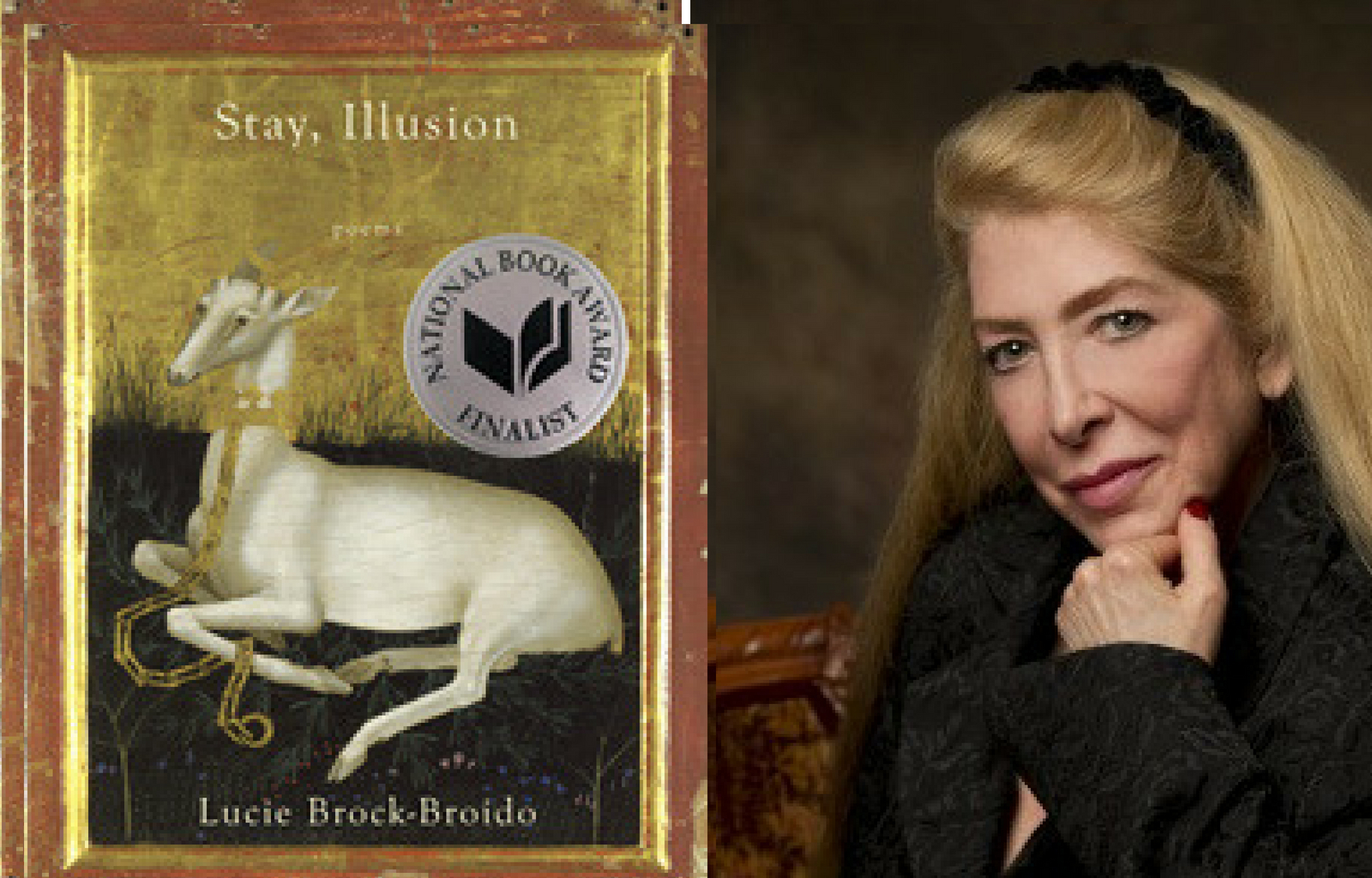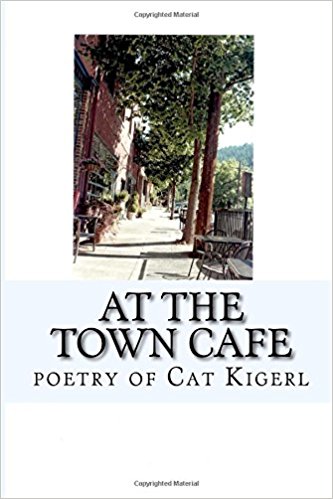“Progress, Not Perfection”
 This is what I’m thinking about this morning.
This is what I’m thinking about this morning.
Every other month or so, for the last several months, I’ve been taking a Juice Plus challenge, called the Shred10, 10 days to supercharge my focus on my health.
I’ve been taking Juice Plus for YEARS, but always rather haphazardly. Last year I got in touch with my distributor and asked her to un-enroll me from the program. After chatting a while (this is a person I really like), I committed to giving it four months of really-taking-it-seriously. I started researching their research, I actually watched the videos my distributor is constantly sending me, and I signed up for my first Shred10.
Juice Plus is not a weight-loss program, by the way. It’s all about nutrition and good health. Yes, it does cost a little money. (But, really, what does it cost me NOT to pay attention to my health when I have parents who have suffered from heart disease and strokes?) Besides, with the Shred10 I’ve lost 12 pounds and kept them off!
Okay, so why the heck am I telling you this?
My husband is about to have hip replacement surgery (tomorrow). This has been the worst possible week for me to  be changing up anything. This morning I ‘fessed up that I’m not doing a good job with most of the principles (no eating after 6 p.m., no gluten, no dairy, no coffee–not even close on that last one), but I have 6 days without any alcohol, and I have walked at least 30 minutes every day. (And I mean walking vigorously enough to get activity minutes on my Fitbit. Yesterday, despite my 4-hour trek there and back to see my mom, I managed to get 54 activity minutes!) I’ve also been pretty good about working in my Juice Plus shakes. So I reported in and said I intended to make today work.
be changing up anything. This morning I ‘fessed up that I’m not doing a good job with most of the principles (no eating after 6 p.m., no gluten, no dairy, no coffee–not even close on that last one), but I have 6 days without any alcohol, and I have walked at least 30 minutes every day. (And I mean walking vigorously enough to get activity minutes on my Fitbit. Yesterday, despite my 4-hour trek there and back to see my mom, I managed to get 54 activity minutes!) I’ve also been pretty good about working in my Juice Plus shakes. So I reported in and said I intended to make today work.
Okay, Bethany, so why are you telling us this?
My distributor is more like a health coach, by the way, and what she said when I told her I was doing a crap job was this:
Sounds good to me Bethany! Love you’re making today count.
Progress not perfection.
This is why I’m telling you this. Today is the only day you ever have. It is the only day you will ever have. Forgive whatever it is you did yesterday. If you want to write, write now. If you can’t write your whole book today (you can’t), if you can’t write for four, three, or one hour, if you can’t write for a half-hour, WRITE FOR FIFTEEN MINUTES.
The best time to write, is right now.





 Although
Although 
 Having just spent four hours at Urgent Care with my daughter (whose sore knee checked out just fine, after all), and having read my book for today, how much work is it to type up a short poem and add a few links to a blogpost?
Having just spent four hours at Urgent Care with my daughter (whose sore knee checked out just fine, after all), and having read my book for today, how much work is it to type up a short poem and add a few links to a blogpost?